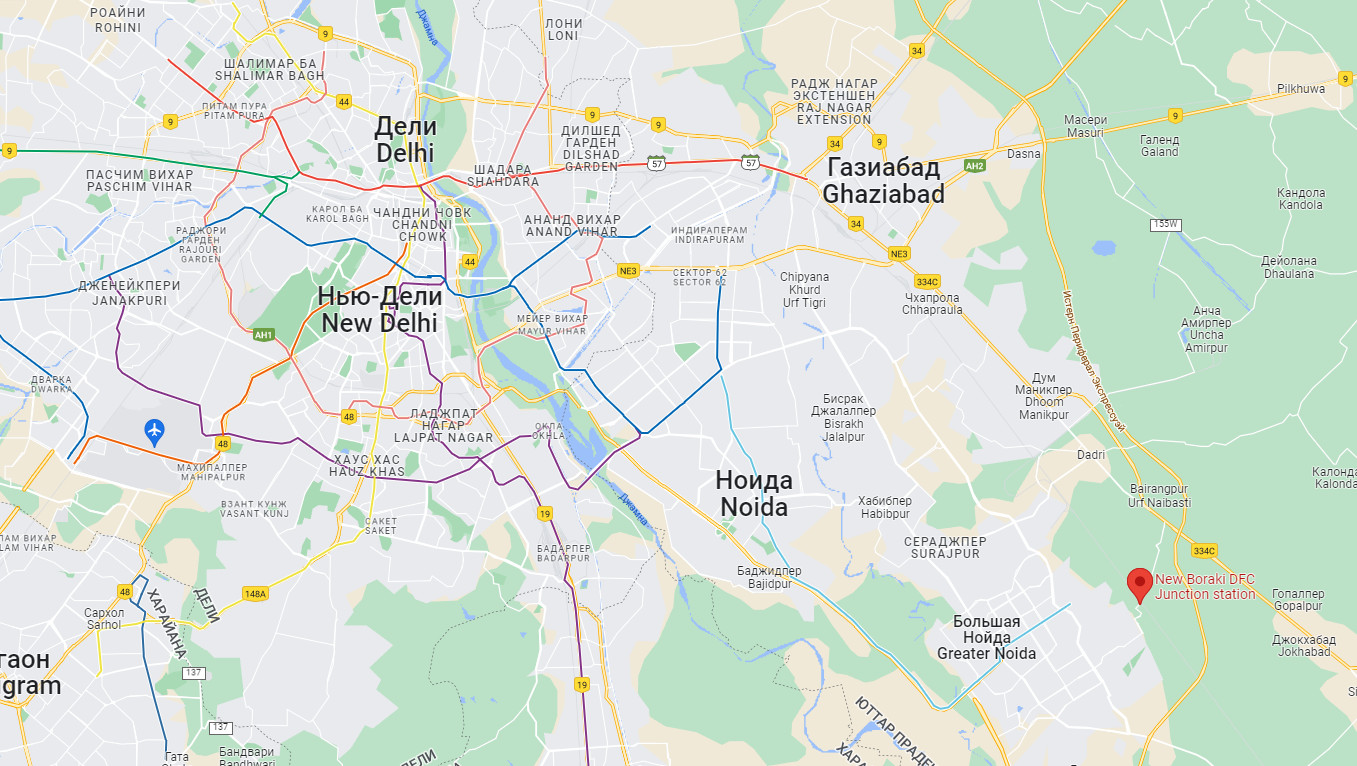


The VRT-04 motion weighing system is installed in India for the first time and has no analogues.



This installation is extremely important for India and the director of Dedicated Freight Corridor Company India Limited (DFCCIL) Nanduri Srinivas Manvad came to the opening of the scales and opened the operation of the system.

DFCCIL Director Nanduri Srinivas Manvad appreciated the novelty and prospects of the VRT-04 technology on Indian Railways. Previously, it was necessary to limit the speed of trains to 15 km / h for weighing, the new system will allow weighing at a speed of up to 90 km / h.



This discovery did not go unnoticed by news feeds, so the next morning an article appeared on the first page of the newspaper

A freight train can be weighed in motion
Big Noida. Now you can weigh a freight train moving at a speed of 100 km per hour. Strain gauges using Russian technology are installed at the New Boraki node of the dedicated cargo corridor.
The new sensor installed on Friday in the presence of representatives of Dedicated Freight Corridor Company India Limited (DFCCIL) will not only accurately measure the weight, but also save time. For the first time in the country, the use of such sensors has begun on any train route. Until now, in order to weigh freight trains, its speed has to be reduced to 15 km per hour. Now DFCCIL has decided to use load cell technology.
On Friday, the director of DFCACIL, Nanduri Srinivas, opened the installation of strain gauges on the railway track. The test was successful.
"Previously, it was necessary to reduce the speed of a freight train for weighing. But now a freight train traveling at a speed of 100 km per hour can be weighed. This is the first installation in India." Arun Kumar Verma, DFCC employee.
"With the help of strain gauges installed on both sides of the track, it is possible to measure the weight, as well as to prevent theft from the point of view of security. The danger of theft can also be avoided by measuring the weight with strain gauges installed in different places." Venkatesh Chaturvedi, DFCC.
